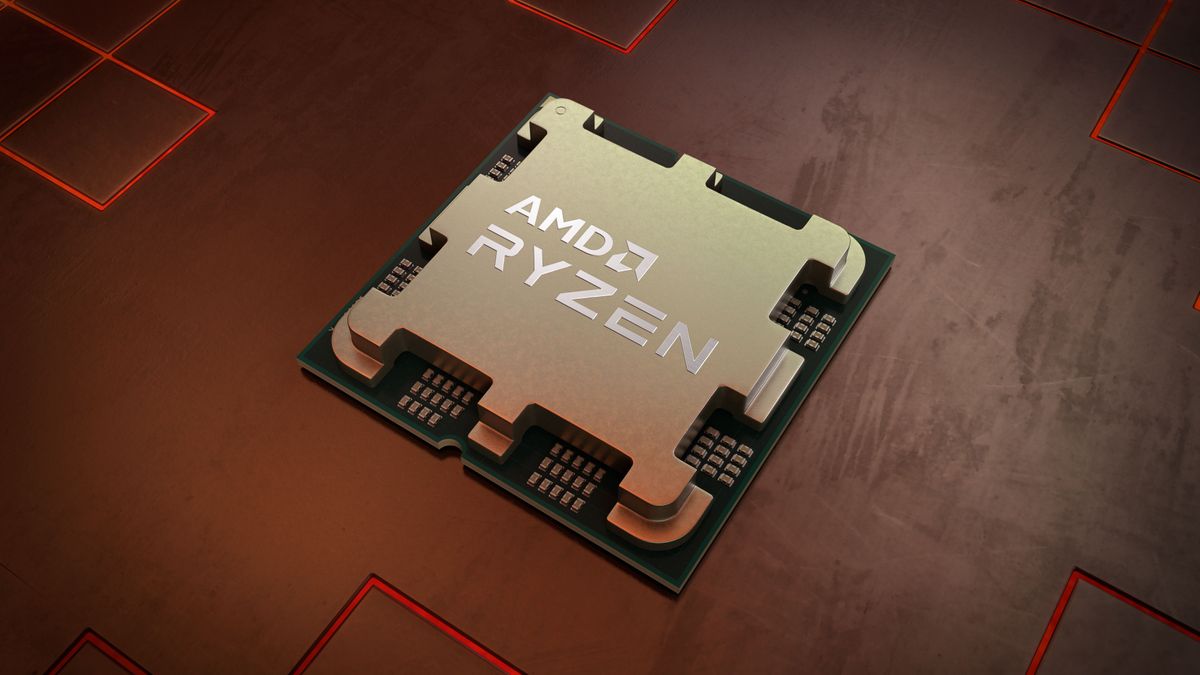As stablecoin legislation races toward the finish line in both chambers of Congress, crypto leaders have issued increasingly direct appeals to make those bills more favorable to their industry—but they're encountering resistance from lawmakers.
One emergent sticking point has been whether U.S.-regulated stablecoins should be allowed to generate interest for holders moving forward. On Coinbase, for instance, users can currently earn 4.1% APY on their USDC deposits—an attractive feature that could at scale make stablecoins competitive with traditional bank savings accounts, which offer much lower interest rates.
But as currently written, bills in the House and Senate on the subject forbid stablecoins from offering users interest or yield to their holders. Stablecoins are digital assets pegged to the U.S. dollar that allow crypto traders to enter and exit positions without the need to access dollars directly, and underpin the entire crypto economy to the tune of tens of billions of dollars in daily volume.
On Monday, Coinbase CEO Brian Armstrong made a direct appeal to lawmakers to loosen restrictions on interest-bearing stablecoins. In a sharp statement posted to X, Armstrong argued that if Congress prevented stablecoins from generating interest, the government would effectively be “put[ting] it’s thumb on the scale to benefit” the banking industry over crypto.
Within hours, however, the top Republican lawmaker shepherding stablecoin legislation through the House poured cold water on that argument, shutting down Armstrong’s request.
Rep. French Hill (R-AR), chair of the powerful House Financial Services Committee, told reporters Monday afternoon that a fundamental understanding among lawmakers that allowed stablecoin legislation to get off the ground in the first place was the notion that the products should be considered a payment rail designed to increase efficiency—not an investment product.
“That was a consensus that's been established on both sides of the Hill, and it's not really more complicated than that,” Hill said. “It's not going to be an investment per se. It’s meant to be payment.”
In response to a question from Decrypt about Armstrong and Coinbase’s position—that such a law as written could unfairly benefit banks—Rep. Hill offered his candid assessment.
“I don't view it the same way I would view a bank account,” Hill said of stablecoins. “I hear the point of view, but I don't think there's consensus among the parties, or the [chambers] of Congress, on having dollar-backed payment stablecoins pay interest to the holders of that stake.”
Hill and the House Financial Services Committee are set to mark up their stablecoin bill, the STABLE Act, on Wednesday.
Decrypt reached out to Coinbase regarding Hill’s position on the subject, but did not immediately receive a response.
As stablecoin issuers have jockeyed to prepare offerings in the expectation of the passage of related legislation, interest and yield have emerged as key selling points for such products. But now, those perks may not materialize.
Last week at the DC Blockchain Summit, the Trump family and its business partners—who recently launched their own stablecoin via World Liberty Financial—made the pitch that the product could usher in the future of American banking thanks to lucrative incentives.
“You’re giving these people this unchained banking apparatus that allows them to have dollars that are maybe earning 4%, 5%, 6%, right in their account, where they can pay directly at any source of consumerism,” Chase Herro, a co-founder of World Liberty, said onstage, referring to stablecoins.
“I think we’ve looked past the most simple idea,” Herro said. “How do you get a consumer to consume with a better product?”
Daily Debrief Newsletter
Start every day with the top news stories right now, plus original features, a podcast, videos and more.

 8 months ago
108
8 months ago
108







 English (US) ·
English (US) ·